Krishna says that if you would only fix your attention on ‘me’;
More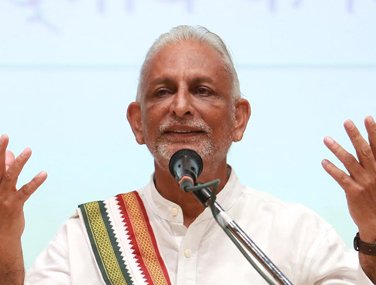

Krishna says that if you would only fix your attention on ‘me’;
More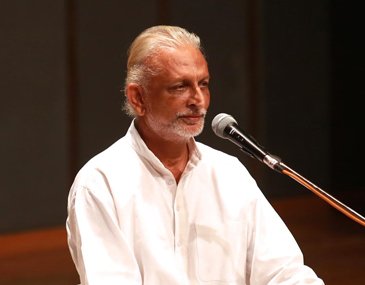
Let Go! The Upanishads have a beautiful saying “Tena tyaktena bhunjitha” – Let go and rejoice!
More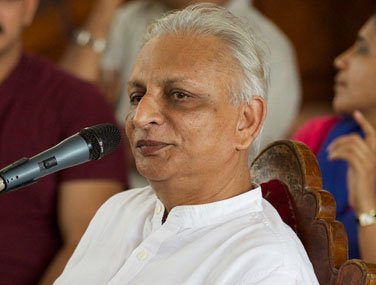
The practice of yoga is the way of finding that happiness which is our true identity.
More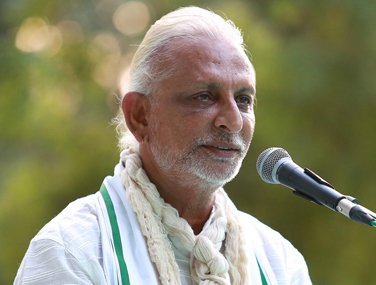
Remove all the conditions that are there and remain in that One essential state.
More
Upanishad means that which is taught by the teacher to the student through which he moves closer to The Truth.
More
Sri M speaks to Gautam Gambhir of Gautam Gambhir Foundation lauding him on his efforts towards tree planting and also briefs him about the Mytree Project (Mythri) by Manav Ekta Mission, on Fever FM with Sharat Bhattatiripad.
More
Snippets from Sri M’s Speech ( On Mindfulness – Inner & Outer ) at the House of Commons on International Yoga Day, 2018.
More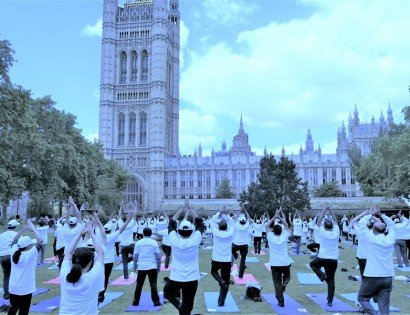
Sri M was part of the High Commissioner of India to UK Mr Y K Sinha’s flagship event for the 2018 UN Int’l Day of Yoga in London at the Palace of Westminster on International Yoga day 2018
More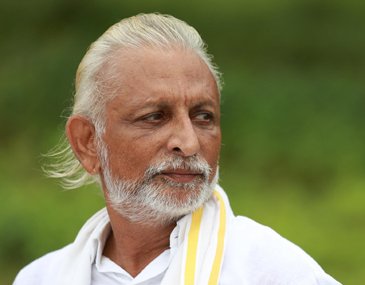
When I enjoy something sweet, fresh jalebis for example, although the enjoyment wells up when my tongue touches the jalebi,
More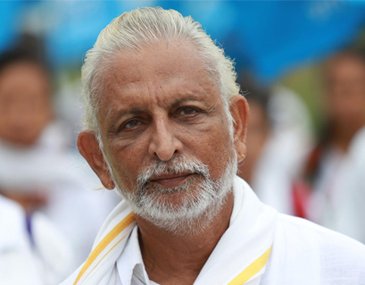
One of the meanings of Upa is to move closer to the Truth, Ni means to sit at a lower level than a teacher
More
Krishna says – You should be able to control your senses. You should learn to cultivate tranquility and balance of mind
More
Babaji used to say, ‘The seeds have been planted, they have been sown but no seed will become a tree and bear fruit
More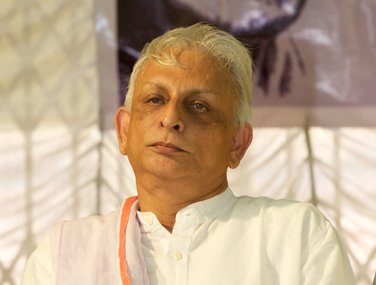
In self-defense in Kalaripayattu they say, ‘never do anything when you are angry’ because
More
Satsang (4) on Day 2 of the Residential Workshop in Uxbridge which is a discourse followed by a question and answer session.
More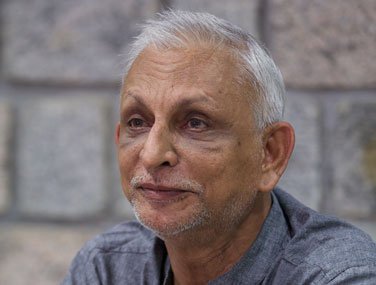
When you enter the meditation hall, leave your shoes outside along with your ego; don’t bring it in.
More